The Association of Southeast Asian Nations (ASEAN) are 10 of the world’s fastest-growing economies. Since 2000, the energy demand in ASEAN countries has surpassed 80% and this poses a challenge in providing clean energy to all. With almost every industry depending on electricity to run their day-to-day activities, a sudden loss of power will create a standstill. From people being unable to use public transport, transact online, or attend online classes, catastrophe looms large, even if just for a few minutes.

The ASEAN-German Energy Programme states that being home to approximately 630 million people, ASEAN’s non-renewable energy reserves will be consumed far before the energy demands are met. Apart from Brunei, all ASEAN nations will lack reserves that meet the demands of sufficient and clean energy distribution by 2035.
The vital aspect of a sustainable energy future is the lack of
physical waste. Through digitalisation, optimising OPENVQ
means:
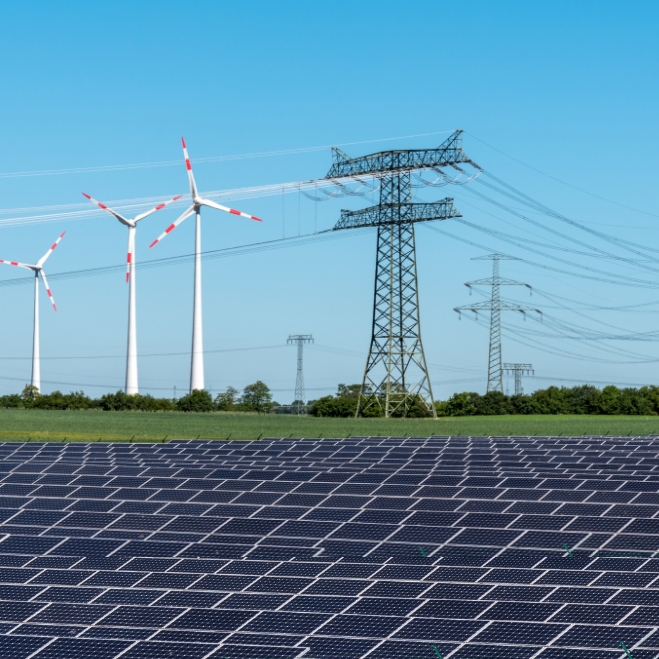

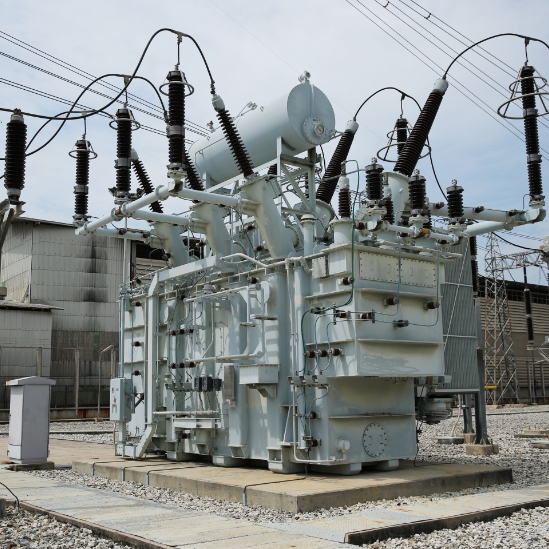

Meeting the energy demands to provide the people with an elevated standard of living and uninterrupted energy is the only feasible solution. And the way to go about it is to walk down the path of green and renewable energy sources. This is not just beneficial to us, but will also help the future generation to breathe easy and live in a world of less CO2 emissions.
Being on par with the United Nations SDG 7 - ensure access to affordable, reliable, sustainable and modern energy for all- ASEAN has vowed to meet 23% of its vital energy demands through renewable sources by 2025. Hitachi has been an advocate of social innovation through digitalisation, and in terms of efficient power grid operations, Hitachi’s OPENVQ (Optimized Performance Enabling Network for Volt/var (Q)) is the solution to support a green future that provides energy for all, through resilient and sustainable power grids.
OPENVQ is a system that merges monitoring and other data from the power grid with every vital external information like weather forecasts and more. As a result, OPENVQ is able to accurately forecast the supply and demand of the future and match the power grid resilience to this data, thus ensuring the optimal performance of the grid with little to no enhancement of assets.
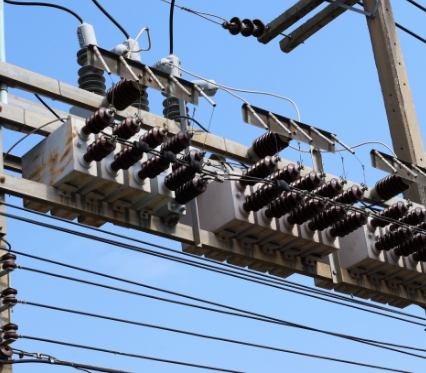 Reduced Loss of Transmission
Reduced Loss of Transmission
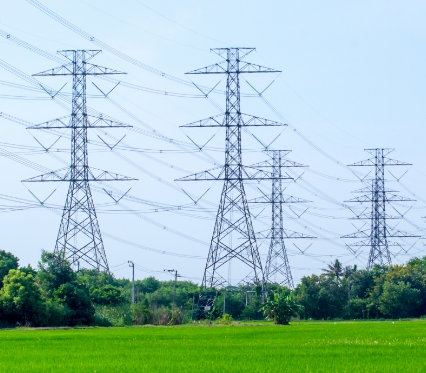 Increase Reliability of Power Grid
Increase Reliability of Power Grid
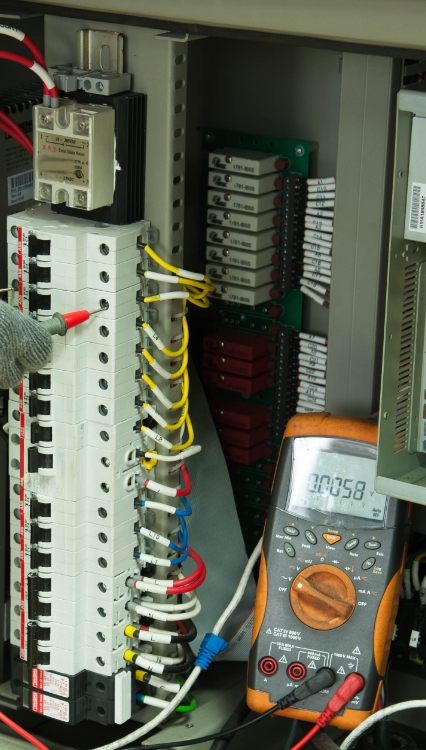 Increase the Load Margin of Voltage Stability
Increase the Load Margin of Voltage Stability
 Reduced Greenhouse Gas Emission
Reduced Greenhouse Gas Emission
 Affordable Reinforcement of Power Grid
Affordable Reinforcement of Power Grid
With OPENVQ, the future of renewable energy is data-driven, sustainable, green, and available for all. A future that will have lesser transmission loss, and lesser CO2 emission. When the key players of the ASEAN industry, along with building and land owners, lean towards technology that provides minimal use of renewable energy, ASEAN will charge towards an eco-conscious future.
Hitachi’s long-standing commitment to decarbonising plays a major role in the transition of ASEAN to a digitalised, more efficient power grid operation that will emit lesser greenhouse gas. Deploying advanced technologies in the management of power grid poses a greener future and a better standard of living that will empower this region, now and for generations ahead.